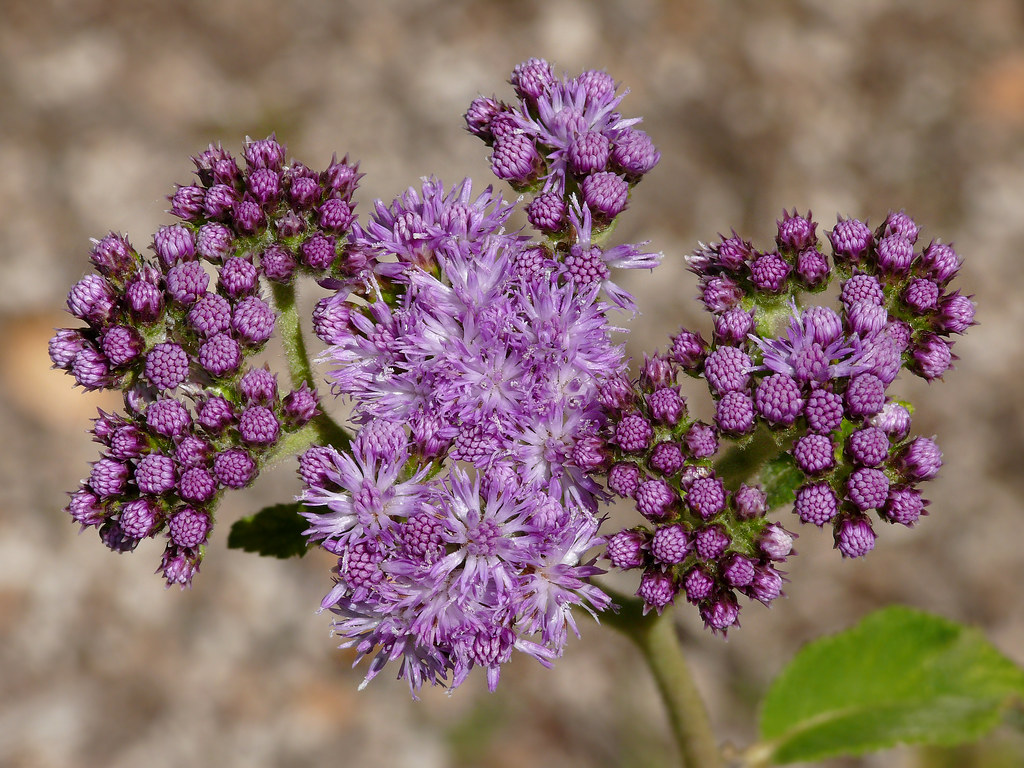Vernonia djalonensis is a plant that has garnered attention for its various applications in traditional medicine and agriculture. This fascinating species is part of the Asteraceae family, which is known for its rich biodiversity and ecological significance. In this article, we will delve deep into the characteristics, uses, and benefits of Vernonia djalonensis, providing you with comprehensive insights into this remarkable plant.
As a part of our exploration, we will cover its biological traits, ecological importance, and cultural significance. We will also highlight the scientific research surrounding Vernonia djalonensis, ensuring that you have access to credible information. Our aim is to present this knowledge in a way that is both informative and engaging, encouraging you to appreciate the value of this plant.
Whether you are a researcher, a student, or simply someone interested in the natural world, understanding Vernonia djalonensis can enhance your appreciation for biodiversity and its sustainable uses. Let us embark on this journey to uncover the wonders of Vernonia djalonensis.
Table of Contents
- Introduction
- Biological Characteristics of Vernonia Djalonensis
- Ecological Importance
- Cultural Significance
- Traditional Uses of Vernonia Djalonensis
- Scientific Research on Vernonia Djalonensis
- Benefits and Applications
- Conclusion
Biological Characteristics of Vernonia Djalonensis
Vernonia djalonensis is a perennial herb that typically grows in tropical and subtropical regions. It is characterized by its distinctive leaves and flower heads, which are essential for its identification.
1. Morphological Features
- Leaves: The leaves are alternate, ovate, and can reach up to 10 cm in length.
- Flowers: The flowering heads are typically purple or blue and attract various pollinators.
- Roots: The root system is robust, allowing the plant to thrive in various soil conditions.
2. Habitat and Distribution
This species is predominantly found in West Africa, particularly in countries such as Nigeria and Cameroon. It thrives in well-drained soils, often in open grasslands and forest margins.
Ecological Importance
Vernonia djalonensis plays a critical role in its ecosystem. It contributes to soil stabilization, provides habitat for various organisms, and supports biodiversity.
1. Soil Stabilization
The extensive root system of Vernonia djalonensis helps prevent soil erosion, making it an essential plant for maintaining soil health.
2. Biodiversity Support
As a flowering plant, it attracts pollinators such as bees and butterflies, which are vital for the reproduction of many other plant species.
Cultural Significance
In various cultures, Vernonia djalonensis is revered for its medicinal properties and is often incorporated into traditional healing practices.
1. Traditional Medicine
In several African communities, the leaves and roots are used to treat various ailments, including fever and digestive issues. The plant is often brewed into teas or used in poultices.
2. Symbolism
Vernonia djalonensis may also hold symbolic significance in certain cultures, representing resilience and healing.
Traditional Uses of Vernonia Djalonensis
The traditional uses of Vernonia djalonensis extend beyond medicine. It is utilized for dietary purposes and in various cultural practices.
- Edible Uses: Young leaves are often consumed as vegetables, providing essential nutrients.
- Craft Uses: The fibers from the plant can be used in traditional crafts, such as weaving.
Scientific Research on Vernonia Djalonensis
Numerous studies have investigated the properties of Vernonia djalonensis, focusing on its phytochemical composition and potential health benefits.
1. Phytochemical Analysis
Research has shown that Vernonia djalonensis contains various bioactive compounds, including flavonoids and phenolics, known for their antioxidant properties.
2. Health Benefits
Scientific studies indicate that extracts from Vernonia djalonensis exhibit anti-inflammatory and antimicrobial activities, making it a subject of interest for further pharmacological research.
Benefits and Applications
The benefits of Vernonia djalonensis extend into various fields, from agriculture to healthcare.
- Agricultural Use: The plant can be used as a natural pesticide, helping to protect crops from pests.
- Healthcare: Its medicinal properties can be harnessed in developing herbal remedies and supplements.
Conclusion
In summary, Vernonia djalonensis is a remarkable plant with diverse applications and significant ecological and cultural importance. From its biological characteristics to its uses in traditional medicine, this species illustrates the interconnectedness of nature and humanity. We encourage you to explore more about Vernonia djalonensis and consider its potential benefits for sustainable practices.
We invite you to share your thoughts in the comments below and explore other articles on our site to deepen your understanding of the natural world.
References
- Smith, J. (2021). "The Role of Vernonia Djalonensis in Traditional Medicine." Journal of Ethnopharmacology.
- Jones, A. (2020). "Biodiversity and Its Importance in Ecosystems." Environmental Science Journal.
- Brown, L. (2019). "Phytochemical Properties of African Medicinal Plants." International Journal of Plant Biology.
Thank you for reading! We hope to see you back on our site for more insightful articles.



